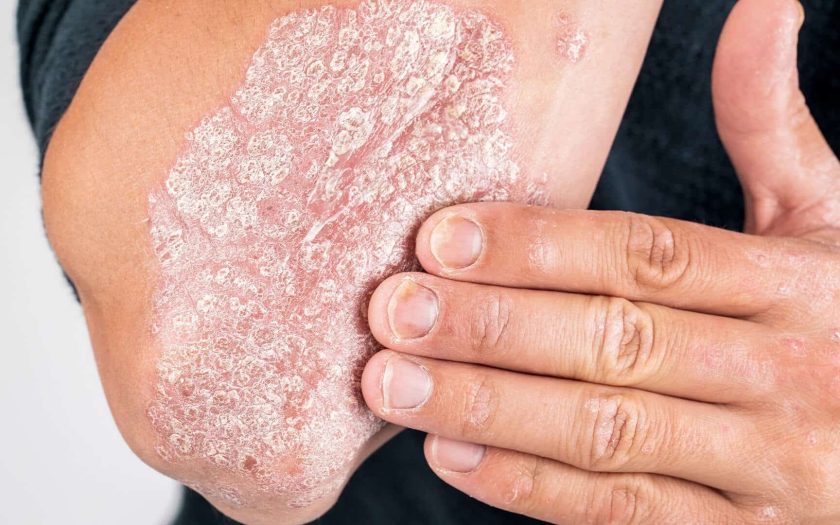Psoriasis brings pain, itching, psychological discomfort, significantly reducing the quality of life for patients. Unfortunately, methods of one hundred percent successful treatment of the disease have not been found yet. However, by changing their usual diet and lifestyle, they can reduce the level of chronic inflammation, get rid of psoriatic scales, and forget about uncomfortable sensations. It is very important to understand how and when to take certain medicine because treatment regimens for the disease can be very diverse and tangled. To achieve successful treatment, follow these rules:
-
Carefully record all doctor’s instructions, especially if drug therapy (e.g. Aprezo, Beta Scalp Application) involves the use of several medications.
-
Properly moisturize the skin.
Take warm, soothing baths. Gently pat the skin with dry towel, without rubbing, and then generously apply thick moisturizing creams or oils. There is no universal recipes for all patients, who was diagnosed with psoriasis. But a moisturizing cream can help reduce skin dryness, inflammation, scale formation.
The most effective moisturizers are ointments or thick creams. It is also recommended using oils for very dry skin, as they remain on the skin longer.
-
Do not scratch the skin.
Psoriasis is accompanied by severe itching during exacerbations. During such periods, try to keep your fingernails short. If necessary, sleep in gloves. As introducing an infection into the skin can worsen psoriasis.
-
Do not take additional supplements without permission from a doctor.
Some supplements and medicinal plants may affect the effectiveness of medications. Therefore, only a dermatologist can prescribe them after a detailed examination.
-
Avoid harmful habits.
Psoriasis negatively affects emotional health and can lead to the formation of unhealthy habits such as overeating, a sedentary lifestyle, smoking, and alcohol consumption. Unhealthy habits can increase the risk of cardiovascular diseases that already exists against the background of psoriasis. Therefore, it is recommended avoiding harmful habits and lead a healthy lifestyle.
-
Watch for psoriasis triggers.
Knowing the factors that trigger psoriasis flare-ups helps keep the condition under control. Common triggers include: infections; reaction to certain medications; skin injuries; psychological stress.
If a person notices that a specific trigger has led to a flare-up of the disease, it is necessary to inform the dermatologist.
-
Reduce stress level.
Stress can exacerbate psoriasis flare-ups, and it should be avoided as much as possible. The use of some stress-reduction methods can positively affect your body, including psoriasis symptoms.
-
Be cautious when using folk remedies.
Their effectiveness is often not proven, and they can interact with other drugs. Also, use them in recommended quantities. Overdosing can cause side effects, which can lead to negative consequences.

